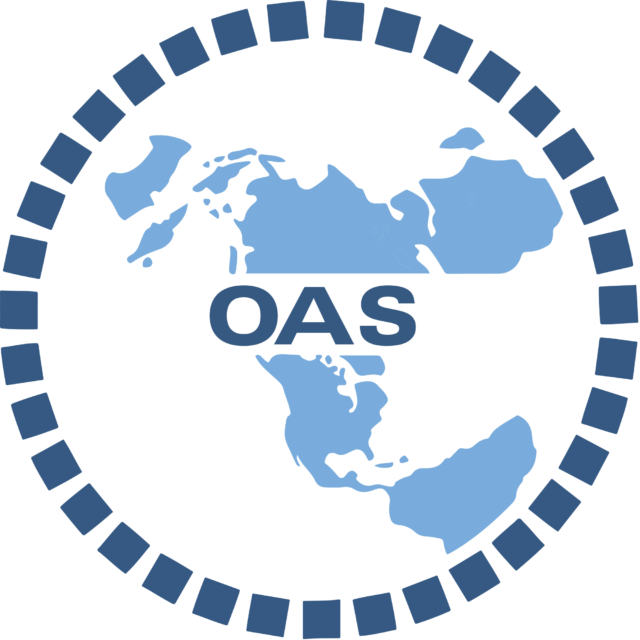Committee Overview
The Organization of American States (OAS) is the world’s oldest regional organization. The OAS dates back to 1826, when Simón Bolívar convened the Congress of Panama for regional cooperation. Later on, the organization was officially established in 1948. The OAS is composed of 35 members and its main goals include promoting peace, solidarity, and collaboration while respecting the sovereignty and independence of member states. The OAS has played a significant role in creating the Inter-American Development Bank and adopting human rights conventions. It has also resolved conflicts such as the Soccer War between Honduras and El Salvador. Overall, the OAS seeks to improve economic, social, and cultural development in the western hemisphere. Thus, OAS is also concerned with extreme poverty, defending human rights, and representative democracies. It has been a critical actor in promoting democracy and human rights in the Americas.
Topic A: Responding to the Situation in Nicaragua
Since Daniel Ortega returned to power in 2007, Nicaragua has become an authoritarian country. The government has taken away many freedoms, leading to serious human rights violations. Many non-governmental organizations (NGOs) have been shut down and thousands of media outlets, schools, and universities have been closed to limit the flow of information. The government has also attacked democratic institutions and religious groups. Many Catholic leaders, like priests and bishops, have been arrested or forced to leave the country. Political opponents, journalists, and activists have been arrested without reason, tortured, or had their citizenship taken away. Peaceful protests have been met with violence, leading to many deaths and injuries. More than 400,000 Nicaraguans have fled the country to escape the violence. The situation in Nicaragua is urgent and needs the attention of the international community. Delegates of the Organization of American States must work together to protect human rights, defend freedom, and help bring democracy back to Nicaragua.
Topic B: The Political Influence of Narco-Trafficking in Latin America
Narco-trafficking has had a huge impact on politics in Latin America. In many parts of the region, powerful drug cartels use violence, bribery, and intimidation to control elections, take over governments, and weaken public institutions. This has created a dependency on the cartels in some areas. Cartels have deeply influenced democratic governments, and many people have lost trust in their leaders. In response, some governments have used strict military crackdowns, while others have focused on public health approaches to deal with drug policy. Both approaches have had some successes and failures in fighting cartel power. It is important to remember that the effects of narco-trafficking mostly hurt rural, Indigenous, and Afro-descendant communities. Farmers in poor areas are often forced to grow coca or poppies because they are one of the few ways to make money in places with limited job opportunities. Without better economic options, these farmers become victims of cartel violence and the government’s attempts to stop it. Delegates will explore how to reduce cartel influence in Latin America, build strong partnerships, create better economic opportunities, and help the region’s most vulnerable groups.

